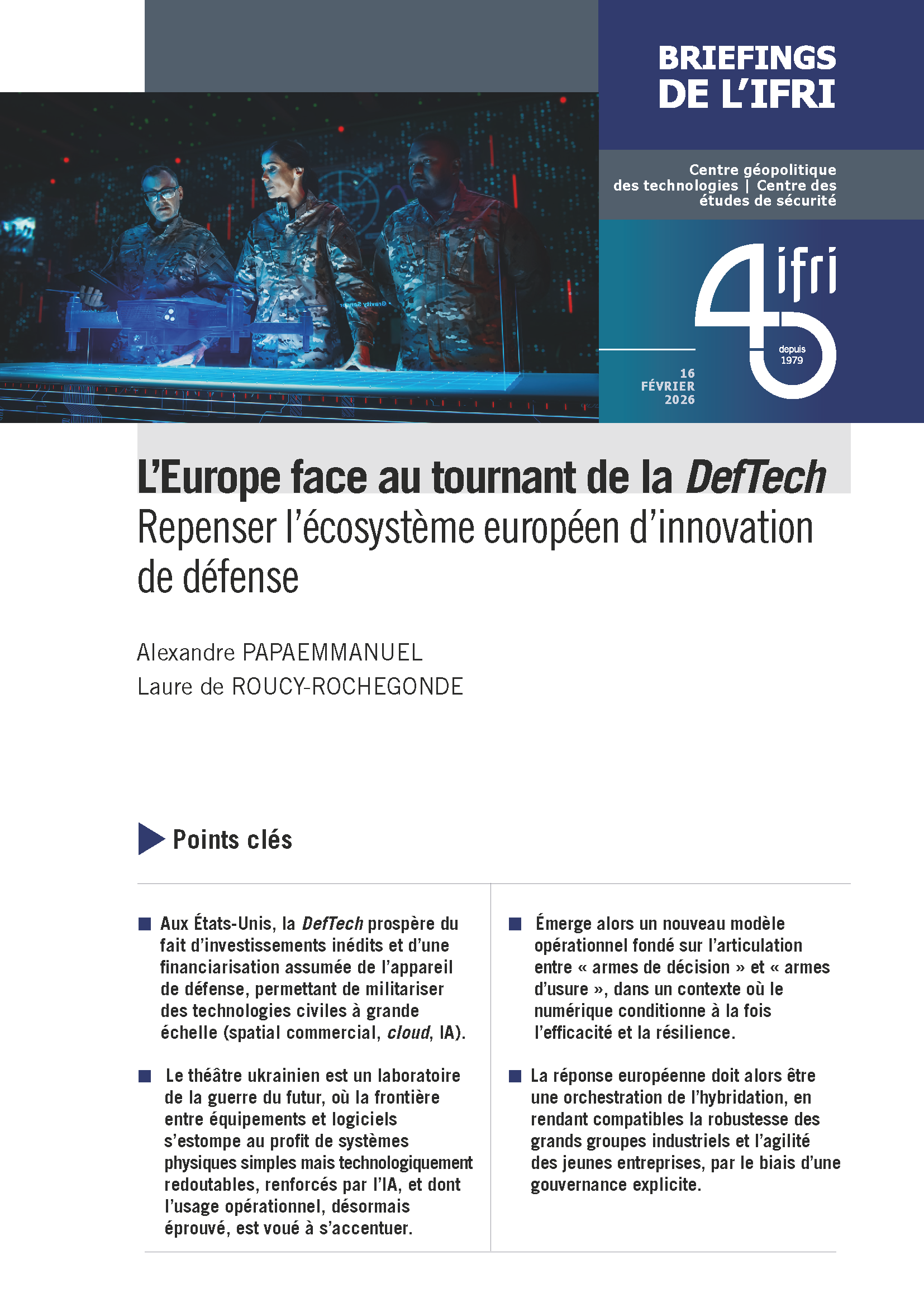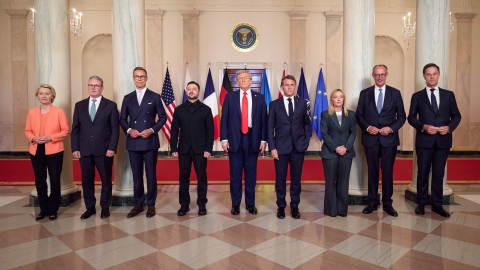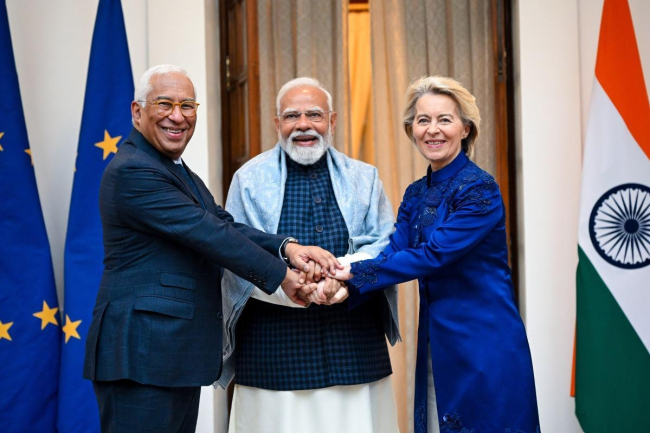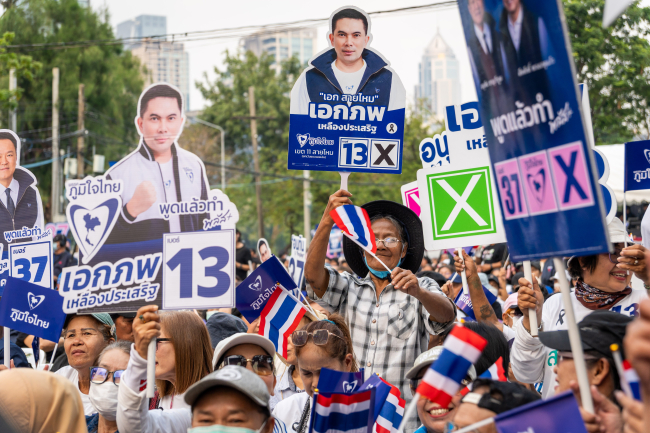De facto and de jure regional economic integration in East Asia: How do they interact
A salient feature of the East Asian region is the persistent discrepancy between the progress in de facto and de jure economic integration. East Asia has long been said to be the champion of loose regional economic integration, with deepening intra-regional trade and investment linkages in the absence of any formal co-operative scheme. However, an oft-heard claim is that East Asia has been shifting recently towards an institution-based form of regional economic cooperation, primarily as a result of the 1997-98 financial crisis. Next to post-crisis financial cooperation schemes under the ASEAN+3, the surge of Regional Trade Agreements (RTAs) involving East Asian countries is thought by some to further substantiate this claim. The objective of the paper is twofold, first to assess the validity of the afore mentioned claim, and secondly to examine the links between de facto and de jure economic integration in East Asia, compared to other regions of the world. In the process, the sequencing between trade and monetary cooperation is also addressed. The paper starts by providing a candid assessment of the current state of play of economic cooperation in East Asia (de jure integration), both from the trade and the financial/monetary perspective, and highlights the limitations of the formal regional integration movement in East Asia to date. As a next step it explores the changing nature of intra-regional trade and investment linkages, contrasts it to the situation in other parts of the world such as Europe and examines to what extent this new form of interdependence may be instrumental in making formal regional economic schemes more attractive. A major conclusion is that de facto trade integration may not automatically lead to deeper regional trade cooperation de jure and that its impact is likely to be stronger on monetary cooperation projects.

Contenu disponible en :
Régions et thématiques
Utilisation
Comment citer cette publicationPartager
Centres et programmes liés
Découvrez nos autres centres et programmes de rechercheEn savoir plus
Découvrir toutes nos analysesUnion européenne-Inde : rapprochement durable ou partenariat de circonstance ?
Le partenariat entre l’UE et l’Inde s’est longtemps limité aux échanges économiques. Sa dimension politique s’est progressivement développée, jusqu’à être élevée au rang de « partenariat stratégique » en 2004. Néanmoins, l’échec des négociations d’un accord de libre-échange en 2013 a freiné cette dynamique. Depuis le début des années 2020, dans un contexte géopolitique incertain, le rapprochement bilatéral connaît une nouvelle accélération.
La politique américaine envers Taïwan, au delà de Donald Trump : cartographie des acteurs américains des relations entre les États-Unis et Taïwan
Le retour de Donald Trump à la Maison-Blanche a ravivé une incertitude profonde quant à l’engagement des États-Unis en matière de sécurité envers Taïwan. Contrairement au président Joe Biden, qui a maintes fois réaffirmé sa détermination à défendre l’île, Donald Trump évite soigneusement de se prononcer sur une éventuelle réaction américaine en cas de crise dans le détroit de Taïwan.
Japon : le raz-de-marée Takaichi et le nouveau visage du pouvoir
La Première ministre Sanae Takaichi a transformé sa popularité exceptionnelle en une victoire politique historique. Les élections anticipées du 8 février ont offert au Parti libéral démocrate (PLD) une majorité écrasante, grâce au soutien massif de jeunes électeurs séduits par son image iconoclaste et dynamique, et des conservateurs rassurés par sa vision d’affirmation nationale. Cette popularité pose les bases d’une stratégie ambitieuse tant sur le plan intérieur que sur le plan international.
Élections en Thaïlande : les conservateurs consolident leur ancrage
À rebours des sondages, le parti conservateur pro-business Bhumjaithai a dominé les élections législatives anticipées du 8 février 2026 et s’est imposé à la Chambre basse avec 193 sièges sur 500, enregistrant une progression record par rapport aux 71 députés élus en 2023.















